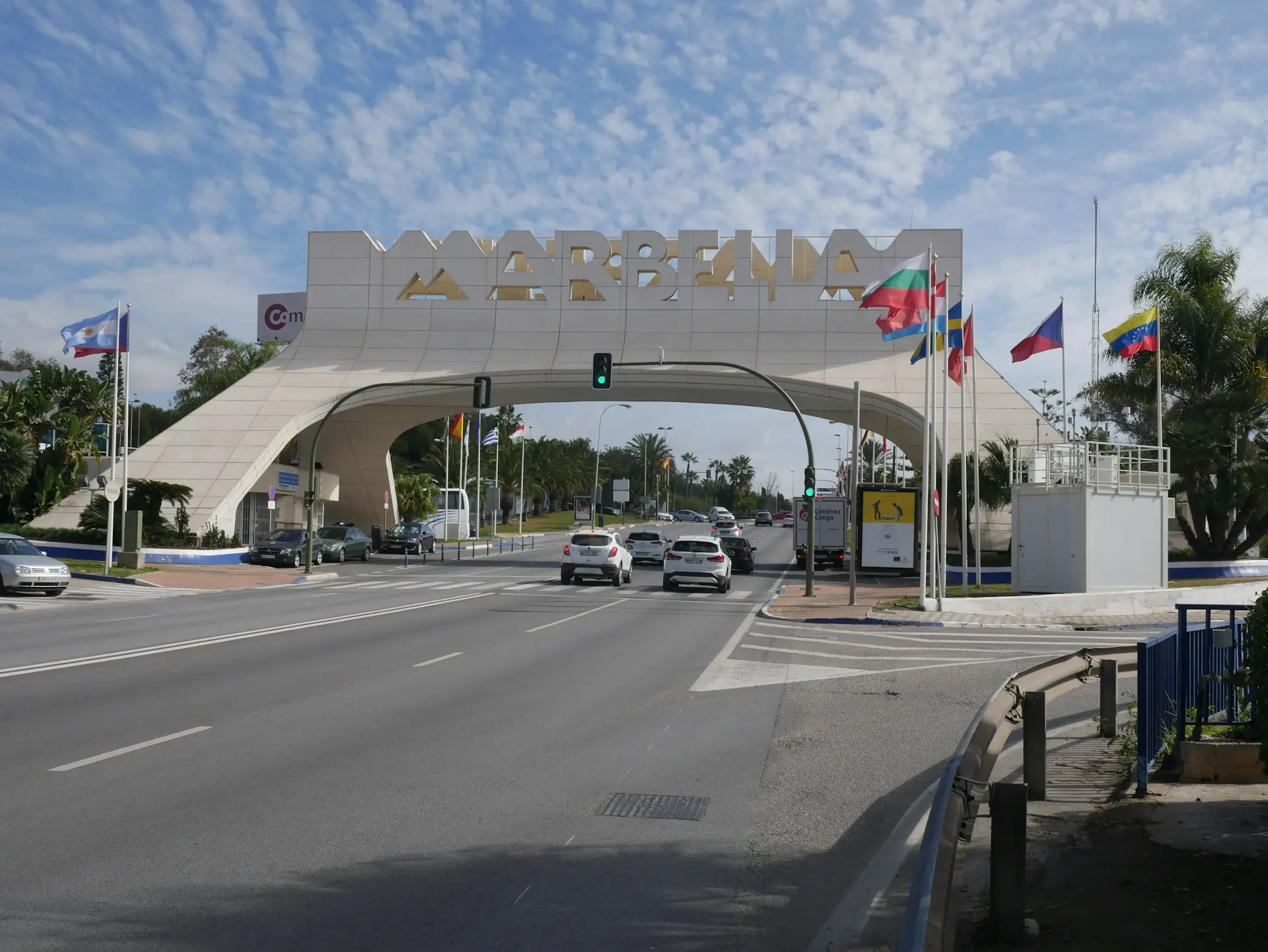
Marbella Reaches Record Employment: A New Chapter in Economic Growth
Natalia Tschurtschun | · 5 min. read
Unprecedented Employment Figures in May 2025
Marbella has once again made headlines, not for its glitzy resorts or luxury real estate, but for an impressive economic milestone. In May 2025, the municipality recorded the highest number of registered Social Security contributors in its history, signaling remarkable growth in employment and local business dynamism.
In May 2025, Marbella logged 81,984 contributors to Social Security—the highest figure ever recorded since data tracking began. This represents a robust increase of 2,356 contributors compared to April, and 2,134 more than May 2024, confirming the town’s economic momentum. According to Alejandro Freijo, Marbella’s Advisor for Employment, Economic Development, and SMEs, these figures highlight a local economy that continues to build momentum even as the summer season nears. The rise includes a substantial increase in self-employed residents (“autónomos”), with 15,233 recorded—another historic high for the town. This signals not only job creation but also a surge in entrepreneurial activity.
Factors Behind the Employment Boom
Year-Round Tourism Expansion
Marbella’s tourism industry remains the cornerstone of its employment model. In early 2024, the Costa del Sol hosted 14.47 million visitors, a 3.17% rise compared to 2023. Málaga Airport handled 12.4 million passenger transits, up 11.7%. Tourism’s ripple effect is clear: Marbella employed over 137,408 workers in the sector—the highest number ever—with 7% job growth, adding upwards of 9,000 positions from the previous year. Meanwhile, provincial data shows nearly 20% of all employment in Málaga province is tied to tourism, with 145,434 individuals serving tourists—a 12.1% year-on-year increase.

Booming Construction and Services
Employment gains in Marbella are not limited to tourism. Across Málaga province, Spring 2024 saw the creation of 50,400 jobs in a single quarter—the fastest growth rate on record—with nearly 24,000 in construction and 12,800 across services beyond tourism. Marbella, with its accelerating urban development and affordable housing demand, directly benefited from this uplift.
A Surge in Self-Employment and Entrepreneurship
Freijo highlights that with 15,233 self-employed professionals, entrepreneurship is a major force behind Marbella’s employment resilience. Whether freelancers, boutique owners, or specialists in hospitality and services, these “autónomos” now form an important backbone of the local economy.
Broader Economic Context

Marbella has surpassed pre-pandemic employment levels and achieved its best outcomes since January 2008. The municipality now hosts over 85,000 Social Security contributors, with sustained drops in unemployment—28% lower than six years ago. The fiscal dynamics reflect this growth: the 2024 municipal budget expanded by 10% to €373 million.
Challenges Behind the Numbers
Low Average Wages
Despite robust job creation, average salaries in Marbella remain modest. In 2023, average annual gross earnings stood at just €18,197, roughly €1,300 per month over 14 payments—second-lowest among Andalusian cities with over 100,000 inhabitants. This salary disparity stems largely from Marbella’s labour structure: nearly half of the workforce is engaged in hospitality and retail—sectors historically associated with lower pay. Moreover, seasonal and part-time contracts exacerbate the wage issue, with full-time equivalent income slightly higher at around €25,222.
Seasonality and Temporary Workforce
A substantial fraction of Marbella's workforce is seasonal. Many hospitality and tourism roles are temporary, with only 72% average work time compared to 80% in cities like Granada. Though tourism has grown beyond the peak months, the ebb and flow of seasonal employment remains a structural challenge.
Broader Implications and Regional Impact
Marbella does not exist in isolation. Across Málaga province, employment growth in construction and services—beyond tourism—continues to rise, a trend mirrored in Marbella. Andalusia as a whole is increasing tourism employment at the national level, bolstering Spain’s economic leading indicators. At the national level, Spain added nearly 502,000 jobs in 2024, ending the year with a record 21.34 million Social Security contributors and the lowest unemployment rate since 2008. Marbella’s success is a local facet of this broader recovery.
Strategic Responses and Future Outlook
Support for Entrepreneurs
Marbella City Council and regional authorities are implementing programmes to support SMEs and the self-employed. Initiatives include funding, training, and business facilitation that help entrepreneurs establish and grow ventures in sectors ranging from boutique retail to digital services.
Infrastructure and Urban Planning
The forthcoming General Urban Plan (PGOM), expected for final approval in 2025, will expand urban land use and streamline development. These changes aim to support both investment and job creation by promoting balanced, sustainable growth.
Tourism Quality and Workforce Upskilling
Local and provincial administrations are shifting from volume-based tourism to higher-value experiences—luxury hotels, boutique resorts, and premium services. By offering higher-end experiences, they aim to attract year-round guests and incentivize higher-wage positions in hospitality, wellness, and related industries.
Marbella Record Employment
Marbella’s record employment in May 2025—nearly 82,000 Social Security contributors—underscores a vibrant and resilient local economy. Fuelled by tourism, construction, services, and a wave of self-employed professionals, this surge marks the town’s strongest economic performance in nearly two decades. However, challenges remain: low average wages and seasonal job dependency call for strategic planning. By supporting entrepreneurship, improving infrastructure, and promoting higher-value industries, Marbella is positioning itself for sustainable, inclusive growth. With a growing population of 156,000 residents, a flourishing tourism industry, and an urban planning framework designed for the future, Marbella appears set to maintain momentum. If managed thoughtfully, its record employment levels can evolve into long-term prosperity—benefiting residents, seasonal workers, entrepreneurs, and local businesses alike.